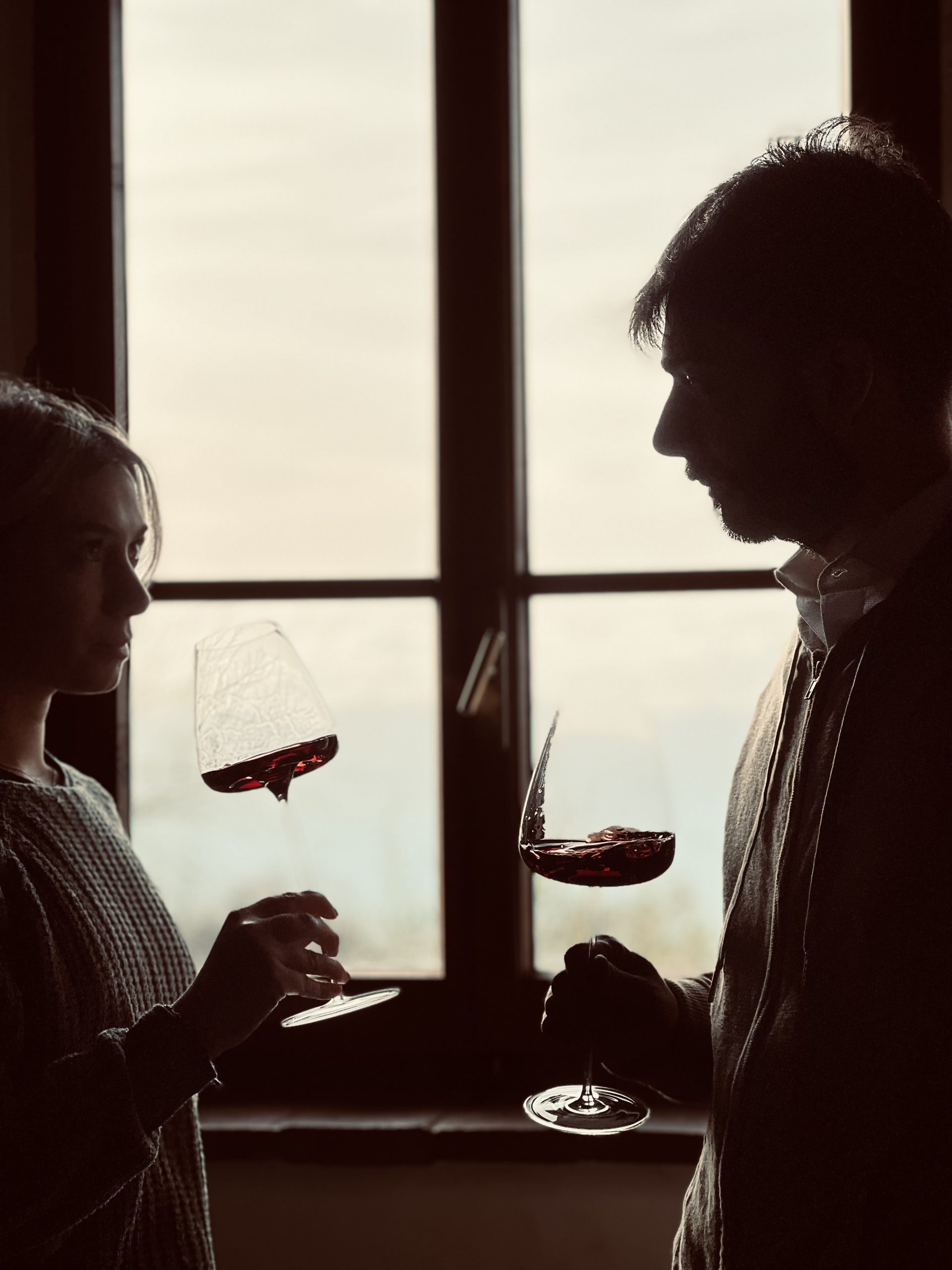How We Tasting

WinesCritic.com tastes hundreds of wines a month and thousands of wines a year. We count on tasting around 5000 wines per year by requesting samples from our office in Tuscany and through the aid of the Wine Consortiums who are working hard to help their members become better known and shown in the best light.
The main period for requesting wines is between March and June when the major part of the wines are already bottled, but our office is always open and there’s no problem with late arrivals or late bottling.
In order to ensure we are never influenced by the brand name we always do blind tastings. The wines are covered simply with a paper bag and all we know beforehand is the vintage and the geographical area they come from.
The WinesCritic.com Scoring System.
75-79.
A wine with various problems both with bouquet and on the palate. Not a pleasurable wine to drink.
80-85.
A wine with one or more problems with the bouquet and on the palate which penalize it. A wine without much appeal and not very interesting, often showing overly pronounced excesses of acidity, lacking phenolic maturity or over-ripening in the sensory matrix.
86-89.
A simple but correct wine, with pleasant odorous notes, a fresh taste and balanced. Good for the less pretentious.
90-94.
A good wine with richness on the nose, harmonic and complex on the palate and an interesting finish. A pleasurable wine. Executed correctly and with style.
95-99.
A great wine, complex and articulated on the nose, structured and important on the palate. The tannins are of solid quality and well matured; they are well extracted and very well refined through the aid of specific techniques and wise knowledge. The finale is decisive and engaging. Only achieved in balanced and well interpreted vintages.
100.
A unique wine, a perfect combination of territory, vine and man. A wine which has been designed and cared for down to the last detail since its birth in the vineyard. Rich in the odorous scents, perfect maturation of the tannins which seem to caress the palate with their elegance but are persistent at the same time and give a lively thrust that makes the tasting unique. The polyphenyl components contribute together with the acidity of the wine to the progression and the lengthening, determining the complexity and structure. The finale is strong and long-lasting, with grip and tension. It’s exciting and memorable, a liquid poetry that re-evokes beauty and describes art in every single moment of the tasting. A wine to buy and conserve so as to be able to taste its diverse evolutions over time. Beautiful from the start but it would be superb to keep in the cellar for extra special occasions. It is not necessarily a wine that must stay for twenty years in the cellar but will surprise you in its evolution and guarantee the success hoped for every time. A divine wine.
The choice of scoring system adopted by WinesCritic.com.
WinesCritic.com adopts the judging system of scoring in hundredths, where 75/100 represents the minimum score and 100/100 is therefore the maximum.
Wines which receive a score lower than 75/100 will not be published, luckily this represents less than 1% of the wines tasted to date.
The elaboration and assignment of the hundredths scoring scale requires oenological knowledge and in our view remains the most direct way to communicate the uniqueness of an area, the quality of the grape and the application in the winery.
Wines have improved dramatically over the last twenty years and today many producers are able to produce important wines of great drinkability and with good aging.
Our little mission is that of enhancing every wineries work and communicating it to Italy and the world. There are many young producers who need that healthy window of opportunity and true unbiased reporting both in Italy and abroad.

‘’In many ways the critics profession is easy, we risk very little while taking advantage of the great power we have over those who submit their work to our judgement. We prosper thanks to the negative reviews which are a blast to write and to read, but the sad reality to which we must resign ourselves is that in the great scheme of things even the most mediocre work has much more soul than our judgement that defines it as such.
But there are times when a critic really does take a risk, for example by discovering and defending something new, the world is often averse to new talents and to new creations, new needs supporters’’.

